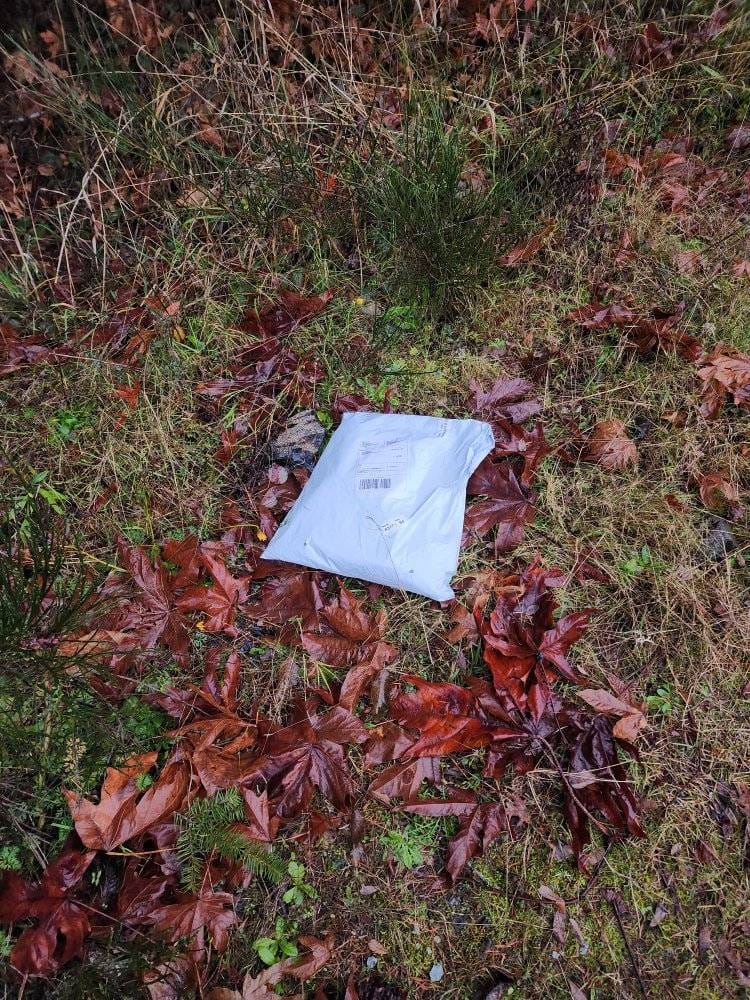A new study suggests that the cost of owning a car in Canada is speedily increasing — in some cases, at a faster rate than prices. It is possible that this rate will increase by 25 % with taxes and inflation. According to the Leger survey for Turo Canada, a car-sharing company, the average cost to own a car or truck has increased by 9 % since last year, and experts predict that will increase even more given the outlook’s economic climate. According to economics and economic analysts, Donald Trump’s imposing tariffs on nearly all nations and starting a trade war will eventually lead to higher prices for consumers, including cars and trucks. It will take some time before costs reflect any enhancements, the study suggests, even though Prime Minister Mark Carney’s new federal has pledged to work to reduce as much of the tax problems as possible, including for the auto industry. In the meantime, Indians really anticipate that car ownership will become even more expensive as the price rises even faster. 1: 31
The survey results reveal that the average Canadian spends$ 5,497 annually, with Ontario paying close to$ 6, 000, and British Columbia paying close to$ 4,500. Carney slams Trump tariffs and unveils a$ 2 billion plan to protect the Canadian auto sector. Plus, one in three responders claim that their annual costs exceed$ 7, 000. According to those who own cars, 14 % of their quarterly net income goes toward car-related charges. Younger drivers are paid significantly more, with drivers between the ages of 25 and 44 making an average of$ 7, 029 per year while those over 65 make roughly half that amount at$ 3, 728. Higher incomes and/or children’s household size also factor into home size and income, which are commonly associated with having more than one vehicle in possession. Additionally, it isn’t just about paying for the vehicle itself through renting or financing;” One of the biggest expenses is your gas. Maintenance is another aspect. Everyone needs to have their tires changed at once, as do the brakes and oil changes, but we don’t always factor that into the total cost of owning a vehicle, says KristineD’Arbelles of the Canadian Automobile Association. Your healthcare expenses are also important, and they vary greatly.
According to statistics, Riding Pierre Poilievre lost in Ontario had the highest voter participation.
To allow Poilievre to work again, a Conservative MP may retire from his Alberta driving.
Therefore ,D’Arbelles stresses the importance of factoring in a car loss over time if you want to later sell or trade your car. She says,” Depreciation is when you are expecting to sell your car knowing that you won’t be able to sell it for the same amount that you paid for it.” According to Trump, “it can be up to 50 % of the cost of owning and running a vehicle.” Those who already own one are also anticipated to experience higher costs in the face of Trump’s taxes. 2: 09
Honda staying in Canada for the “foreseeable coming” despite U.S. tariffs. More than half of Canadians also rely on driving, with more than half of those surveyed declaring that they would need to relocate. Solutions are unquestionably present, including public transportation, taxis, and ride-hailing solutions, as well as walking or trekking where possible. Not everyone has these choices, though, particularly those who reside in more rural or suburban locations or where the public transportation system isn’t effective. One in ten respondents said they would like better ways to get around town so they wouldn’t want a car at all. &, copy 2025 Global News, a section of Corus Entertainment Inc.

